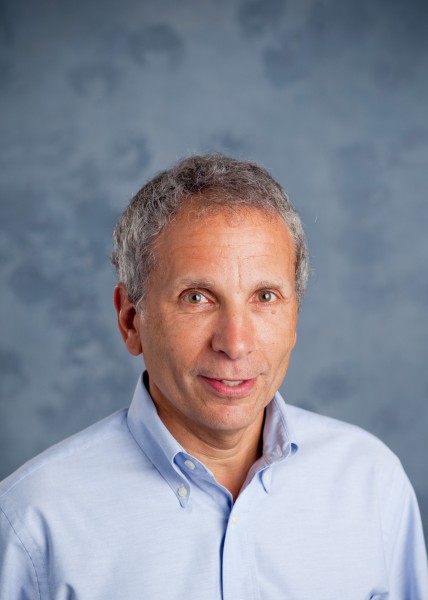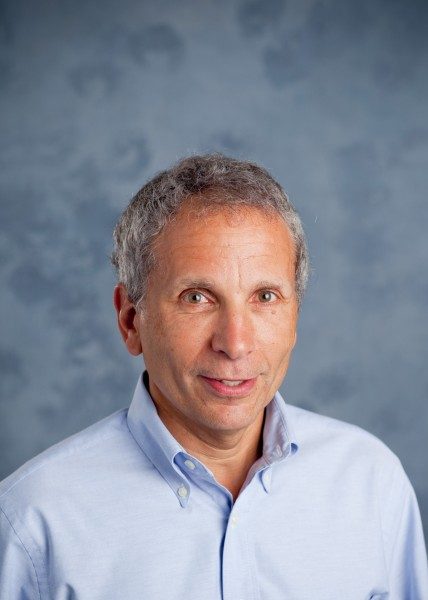
07 Dec To Your Health: COVID-19 Survivors, Increased Risk of Death 12 Months Post Infection!
Part-time Telluride local, Dr. Alan Safdi, is a world-renowned internist and gastroenterologist with encyclopedic knowledge of mind-body wellness and preventative medicine. He posts regularly on Telluride Inside… and Out under the banner of “To Your Health.” Dr. Alan’s blogs feature the most current information in his fields: health, wellness and longevity.
Links to Dr. Alan’s other podcasts and narratives on COVID-19 and more are here.
This week, Dr. Alan curated a sobering story from Medpage Today about Covid.
For more information, read on.

Top Findings:
• The negative impact of COVID-19 on patients’ health has been recognized, but not yet clearly quantified.
• Previous research has looked at the effects of the disease at 6 months. Scientists have now explored the impact on overall health at 12 months.
• The relative increase in the risk of death after COVID-19 is higher for under 65s than over 65s.
More:
The total number of recorded COVID-19 deaths has passed 5 million globally, with over 750,000 deaths in the United States alone. However, these figures are unlikely to reveal the true impact of COVID-19 on the population.
Scientists have now shown an increased risk of death among COVID-19 survivors 12 months after the infection.
For people younger than 65 who were hospitalized with COVID-19, the risk of death in the 12 months after the infection was 233% higher than it was for people who did not have the disease, results published in the journal Frontiers in Medicine have shown.
Nearly 80% of all deaths of people in the study who had recovered from COVID-19 in the past 12 months were not due to cardiovascular or respiratory causes, suggesting that the impact of the virus is significant and wide-ranging, even after the initial infection has been fought off.
Prof. Arch Mainous, an author of the paper, told Medical News Today in an email: “A lot of interest in the scientific community has focused on what happens to patients after having an episode with COVID-19. Some people are focusing on ‘long COVID’ or persistent symptoms like brain fog or lack of smell. We were interested in the hard outcome of death after COVID-19 recovery. We thought that the impact of COVID-19 would be significant enough to engender complications. The overall trauma or psychological insult to the body would be dramatic enough to create lasting damage.”
Investigating electronic health records
To measure the impact of COVID-19 on long-term health, researchers from the University of Florida looked at electronic healthcare records from patients tested for COVID-19 in any setting in the University of Florida health system, both in Gainesville and Jacksonville. People who died within 30 days of their COVID-19 tests were excluded from the analysis.
Out of 13,638 people tested for COVID-19 between January 1 and June 30, 2020, 424 people were found to have COVID-19. Of this number, 178 people were classified as having severe disease. The rest were negative for SARS-CoV-2, the virus that causes COVID-19, as determined by polymerase chain reaction (PCR) testing.
Researchers then evaluated the electronic healthcare records of these people, following them for 365 days after the first PCR test. They found that 2,686 people in the cohort had died.
The team then analyzed the healthcare records to determine cause of death and compared the risk of death for people who had had COVID-19 with that of people who had not tested positive for SARS-CoV-2.
They found that the vast majority of deaths among people who had had COVID-19, nearly 4 out of 5 of these deaths, were not due to cardiovascular or respiratory illness, despite much existing research into the impact of COVID-19 on these systems.
Prof. Mainous said, “Treatment in the hospital is [fine for surviving] the initial episode, but our strategy should focus on keeping people out of the hospital in the first place. Taking your chances that you might get COVID-19 but that it will be mild, or that you will just rely on treatments to pull you through a severe episode is a course of action with big risks.”
These figures demonstrate that the impact of COVID-19 could last longer than we had originally anticipated. However, they do not tell us why.
Prof. Mainous continued, “Although there are a variety of theories floating around about why there are post-acute complications from COVID-19, and more work needs to be done to establish definitively the mechanism, it seems likely that the intense level of inflammation in the body affects multiple parts of the body.”
Children were not included in this study, but Sammie Mcfarland, founder and CEO of Long Covid Kids, told MNT in an interview that the study shed some light on a topic that should get more attention — and that we still do not understand the long-term impact of COVID-19 on children.
In the United Kingdom, she said, “We don’t know if the children coming out of hospital go on to recover, go on to die, or go on to get long COVID, we just don’t know.”
She also pointed out that while cases of pediatric multi-system inflammatory syndrome, a rare complication that can occur in children with COVID-19, have been recorded, butwe do not know what has happened to many of these kids.
Mcfarland told us: “Those children are living now with some severe impairment, and some of them have died. And those children aren’t recorded as COVID deaths. And they’re not recorded in the COVID data. But it’s still from COVID.”
Dr. Alan Safdi, more:

Dr. Alan Safdi is board-certified in Internal Medicine and in Gastroenterology and is a Fellow of the American College of Gastroenterology. A proven leader in the healthcare arena, he has been featured on the national program, “Medical Crossfire” and authored or co-authored numerous medical articles and abstracts.
Safdi, a long-time Telluride local, has been involved in grant-based and clinical research for four decades. He is passionate about disease prevention and wellness, not just fixing what has gone wrong.
Dr. Alan is an international lecturer on the subjects of wellness, nutrition and gastroenterology.


Sorry, the comment form is closed at this time.